By Otomewo Oritsejolomi Joshua
Mr Seyi woke up in the morning on Nov 17th expecting a routine work day at the construction site where he made his living. By the end of the day he was an orthopaedic patient at the Falomo Police Hospital after fracturing his legs as the building at Flour Mills estate, Agbon where he had been working collapsed.
“We were laying blocks on the second floor when we heard a sound, then some pillars and the ground started to shake, so we started running to the ground floor, when I saw the building was collapsing, I jumped from the first floor and managed to get out.”
… when I saw the building was collapsing, I jumped from the first floor and managed to get out.
This was the third building to collapse in Lagos within two weeks and Seyi would be among the few who were able to escape with their lives.
The danfo driver who drives at night with a faulty headlight, the police man who waves his weapon around carelessly in a bid to extort road users, and the real estate developer who builds apartment buildings without regard for stipulated building codes and instructions all have one thing in common – a complete disregard for safety and the value of human life.
Femi Osibona the daring or some might say foolhardy owner of Fourscore Homes Ltd rose to fame on the back of his shrewd business dealings, erecting property developments across the world from Lagos to London, to Johannesburg. Unfortunately his daring nature would be his undoing when he perished alongside 45 other confirmed casualties on the 1st of November at his uncompleted 21 story building on Gerrard Road, Ikoyi. This was the first building collapse in Lagos state in November and the deadliest in the history of the state.
The collapsed building in question had originally been designed and approved to be 15 stories by the Lagos State Building Control Agency (LASBCA) but Mr Osibona driven by greed and in a bid to make more profit and a careless disregard for public safety increased the height to 21 stories. The construction contractor, Prowess Engineering Ltd, not wanting to sully its track record with a questionable and unsafe building withdrew its services and warned Mr Osibona of the pending danger, yet he persisted.
When the Lagos State Planning Authority came calling in early 2020, it found the building wanting and had cause to seal it but somehow after the powers that be intervened the project continued until Nov 1st when everything came crashing down.
Within two weeks of the Ikoyi building collapse there were two other building collapses in Lagos. The rate of building collapse in the state has been on a rapid rise. According to a study conducted by the University of Witwatersrand in South Africa, approximately 152 buildings have collapsed in Lagos since 2005; many see this as a conservative estimate and reckon the actual number is a lot higher.
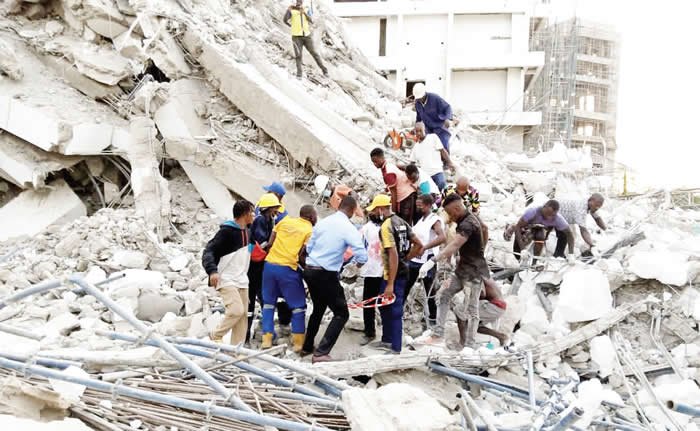
There are various causes of building collapse from the greed and ignorance of construction contractors and building developers to ineffective regulation and enforcement of building codes by the statutory bodies, use of substandard materials, poor workmanship, soil movement and displacement, and improvisation by construction workers. According to Temitayo Kabiru, a project supervisor on a building site in Ogba, “The price of building materials has greatly increased these past few years. So we have to take some cost cutting measures, for example, whereas we used to mix 2 parts cement with 1 part sand, we will reduce it to 1½ parts of cement to 1 part sand.”
Building collapse has become a regular occurrence in Lagos state, every other month a building crumbles and for a few days it is a hot topic, people gather to help rescue the victims and the government makes some promises to compensate victims. Then everyone moves on until the next building comes crashing down, and we repeat the whole cycle again.
The Lagos State governor Babajide Sanwo- Olu inaugurated a six man panel to review the causes of the Ikoyi building collapse and other building collapse incidents in the state and to make recommendations on the way forward admitting that “mistakes were made from different angles.”
But a panel to make recommendations is not enough. More proactive measures need to be taken like the passing of the National Building Code Bill which has been pending for over 10 years, strict supervision of construction sites, proper vetting of building workers to ensure only qualified professionals undertake building projects. We have to act now for the sake of the 45 innocent victims of the Ikoyi building collapse and many others who have lost their lives as a result of the greed, and ills bedeviling the Lagos Construction Industry.

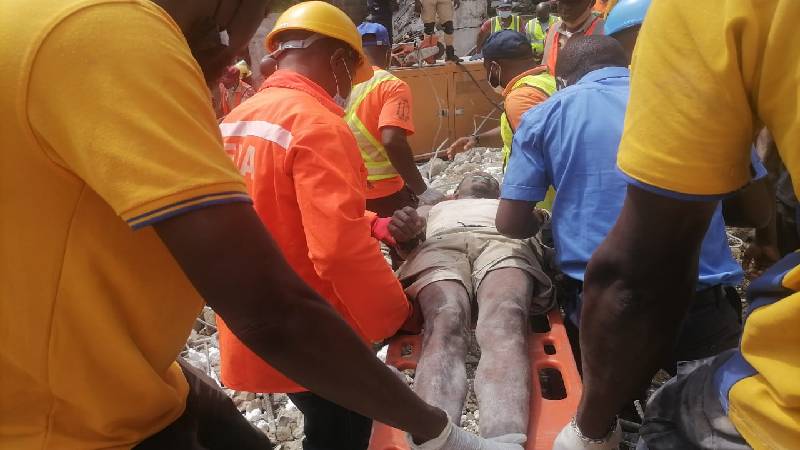
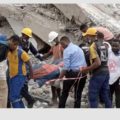
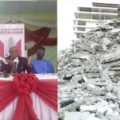




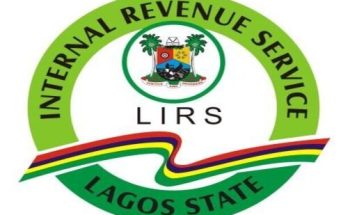
I actually know someone who lost their live at the Ikoyi building.
I really hope they get justice for the victims.
RIP to those who lost their lives in this Tragedy.
Nigerians and cutting corners, now see the consequences
I really hope everyone responsible for this is punished.
Great read 🔥🔥
RIP to those who lost their lives in the collapse
All this new houses they build in this lagos, nobody is really safe in any of them.